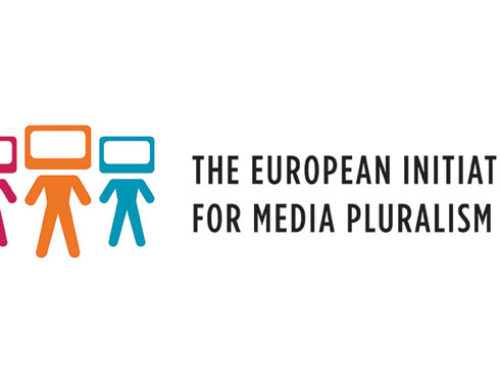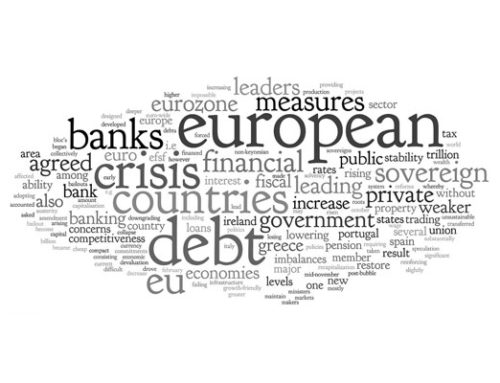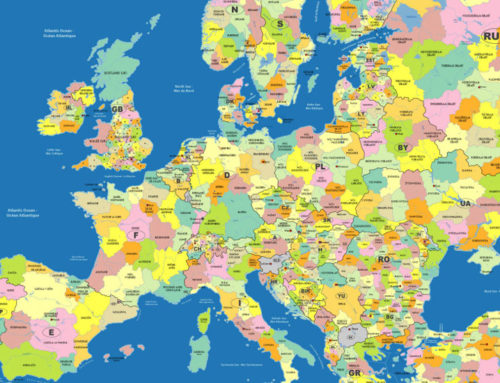Tobin or not Tobin…
Eleven euro-zone countries agreed last Tuesday to press ahead with a disputed tax on financial transactions aimed at making a part of the banking sector share the cost of fixing a crisis that has shaken the single currency area.

Pushed by two major European players, France and Germany, the idea of European financial transaction tax (FTT) is far from reaching consensus across the Union. The United Kingdom and Sweden for instance are strongly opposed to it. The U.K. Prime Minister, David Cameron, even threatened to veto further negotiations, arguing such taxation would only weaken domestic economies and – in the absence of a worldwide decision – drive the financial sector to relocate to FTT-free zones. Countries that benefit directly from a vast financial services industry would feel a stronger impact through such measures, which more easily explains their reluctance.
“An FTT would harm end consumers and clients. Banks need more liquidity so what is the logic for taking resources out of the financial sector? No matter how much effort is taken to prevent it, a highly mobile financial sector will either relocate to an FTT-free zone, or it will trade in riskier products thus increasing market volatility” said Mr Strejcek, ECR rapporteur at the European Parliament.
To critics who argue such taxation would only work on a global level, the European Commission answers that it would off course be better on a global scale, but such a solution will not be put in place in the near future and so it is Europe’s role – as with the climate change – to show leadership in the decision making and effectively show the feasibility of such a mechanism to the world. People or institutions that would try to avoid paying the tax would have to miss out on the European market, “a 500 million consumer market that – even for a financial institution – would be a mistake to ignore” according to Mr Bergmann, Director for Indirect Taxation and Tax Administration at the European Commission.
Next to Austria, Belgium, Estonia, France, Germany, Greece, Italy, Portugal, Slovakia, Slovenia and Spain, the European Commission and Parliament are pushing strongly in favour of the FTT. A vote on 23 May in EP showed 487 on 685 MEP’s supported such taxation. On the Commission’s side redistribution of the profit generated could not only benefit member states but also, with a part of the revenue directly funding the EU, allow it to raise funds to sustain or develop programs in need today like: research (Space, IT and security), growth and employment, education (Erasmus), health, humanitarian aid and food aid.
According to S&D MEP Anni Podimata, author of the Parliamentary report on this issue, “It is the moment in time to turn to action. […] We would prefer an EU-wide tax but the EU cannot be held hostage by a handful of member states who do not want to go further. Enhanced cooperation is good for those who wish to move forward. This has clearly been indicated by the European Parliament with [a] large majority vote […].”
This eleven-country deal raised the prospect of a pioneer group of European states for the first time launching a joint tax without the unanimous backing of the 27-nation bloc, a move that – apart from fragmenting the Union’s single market for financial services – could mean another significant step towards a “two-speed Europe”.




